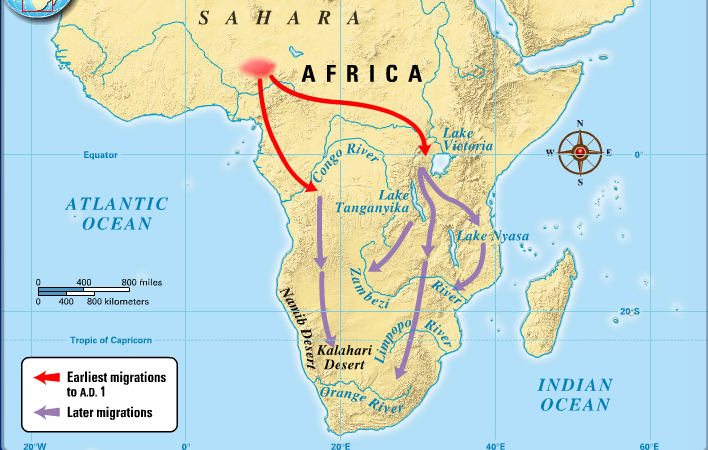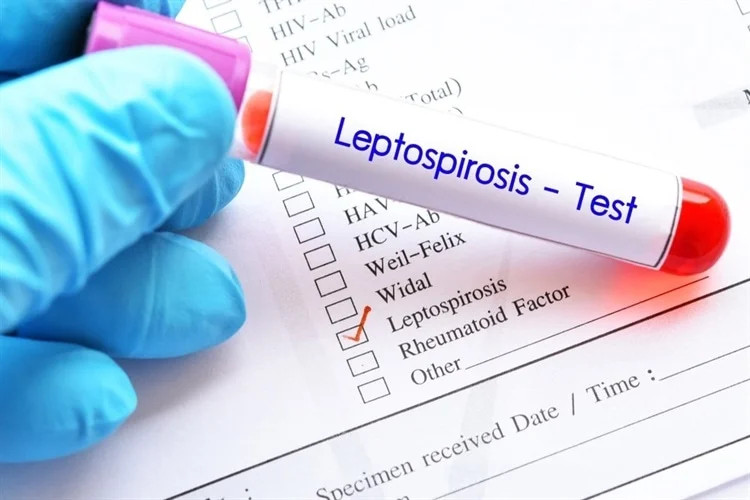The expansion of Bantu-speaking peoples in Africa is one of the most significant events in the continent’s history. This expansion occurred over several millennia, from around 3000 BCE to 1000 CE, and led to the spread of Bantu languages and cultures across a vast region of Africa, including central, eastern, and southern Africa.
The genetic legacy of this expansion is complex and varied. Studies of African genetic diversity have found that Bantu-speaking populations share a common ancestry and are genetically similar to each other. This suggests that the Bantu expansion involved the movement of large numbers of people who carried a distinct set of genetic markers.
However, the impact of the Bantu expansion on the genetic diversity of Africa is not straightforward. The spread of Bantu languages and cultures did not necessarily involve the displacement of existing populations, and many non-Bantu-speaking groups in Africa today have genetic ancestry that predates the Bantu expansion.
The Bantu expansion had a profound impact on the development of agriculture in Africa, and this legacy can still be seen in the distribution of genetic traits among modern African populations. By introducing new crops and farming techniques, the Bantu-speaking peoples helped to support the growth of complex societies and contribute to the cultural and genetic diversity of the continent.
At the same time, the Bantu expansion did lead to the mixing of different populations, and some genetic studies have suggested that the spread of Bantu languages may have been associated with specific genetic markers. Furthermore, the genetic legacy of the Bantu expansion in Africa is complex and multifaceted. While it has led to the spread of genetic variants that provide some protection against infectious diseases, it has also contributed to the spread of pathogens.
The expansion of Bantu-speaking peoples in Africa was also closely linked to the spread of agriculture. The Bantu-speaking peoples were skilled agriculturalists, who brought with them a range of crops and farming techniques that allowed them to establish settlements and cultivate the land.
The genetic legacy of the Bantu expansion can be seen in the distribution of certain genetic variants among modern African populations. This reflects the interactions between different populations over thousands of years and underscores the remarkable diversity of human genetic history on the African continent.
Kindly attend a virtual presentation of:-
“The genetic legacy of the expansion of Bantu-speaking peoples in Africa“
Delivered by:
Webinar presenter: Carina M. Schlebusch, PhD
Date: Thursday, May 4, 2023
Time: 3 pm Central African Time (2 pm BST)- 4pm EAT
Join Zoom Meeting
https://us02web.zoom.us/j/88354673897?pwd=UlQzVWZVSm5uUWQ2KzRuZGhsT2xpZz09
Meeting ID: 883 5467 3897
Passcode: 733561

The Department of Animal, Aquaculture and Range Sciences
The College of Agriculture, SUA
Share this page




